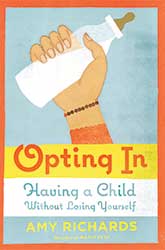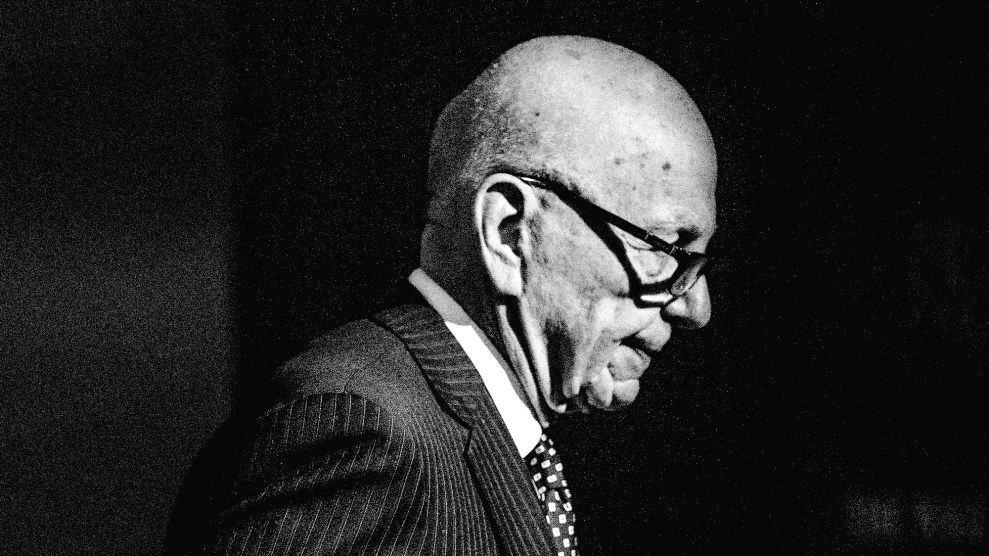
Amy Richards’ book draws its title from a much-discussed and much-dissed 2003 New York Times Magazine story about highly educated women “opting out” of the workforce to raise their kids. But Opting In goes beyond rebutting that flawed article. Instead, it seeks to bridge the perceived divide between feminism and motherhood. Employing an engaging mix of cultural analysis, personal anecdotes, and interviews, Richards tackles hot-button topics including fertility, childbirth, men’s role in parenting, and women’s relationships with their mothers.
Richards, the coauthor of the third-wave-feminist call-to-arms Manifesta and the parent of two kids, describes her struggles with common conundrums like reconciling professional ambition and family obligations, and picking the “right” way to give birth. She opts for self-employment, which allows her to work flexible hours at home and share child-care shifts with her partner, and chooses to have an unmedicated birth in a hospital. She’s refreshingly honest about her choices without oversharing—no small feat in the tell-all era. She’s also candid about the missteps and inconsistencies that color perceptions of feminism, such as how efforts to liberate women from biological inequalities have led to the unwitting marginalization of mothers.
Richards’ aim to “minimize the disconnect between what one believes and how one lives” has a distinct echo of the second-wave mantra “the personal is political.” But her call for not “losing yourself ” can be frustrating in its fuzzy, feel-good focus on the individual. Unsurprisingly, Opting In—like most of the recent dispatches from the so-called mommy wars—is focused primarily on the plight and power of middle-class women.
Yet Richards still makes a convincing case for the necessity of living our politics if we want to see change. That means going beyond lamenting the unequal division of household work, or lobbying for better maternity- and paternity-leave benefits: We need to renegotiate our domestic relationships and unapologetically use every last minute of that parental leave. This isn’t a revolutionary concept, but it’s still welcome advice.








